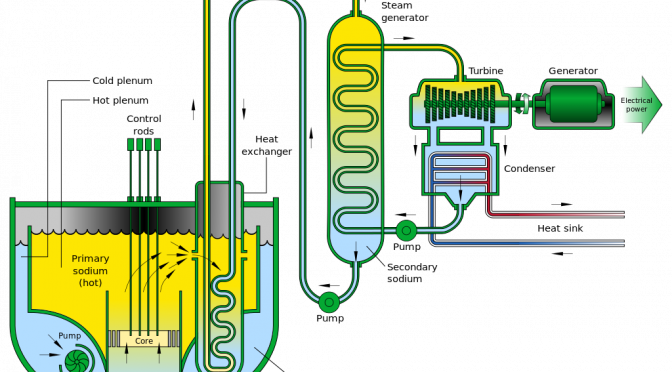While nuclear energy today provides about 10% of global electricity generation in reliable, carbon-free form, the immense destruction tied to its origins casts a long shadow. This tension between terrible and peaceful power underlies the expansive non-proliferation regime of international law, a framework meant to keep nuclear technology from being diverted from this peaceful use to weapons-making.
Now, with the advent of advanced reactors—a new class of nuclear reactor technology billed as cleaner, cheaper, and safer than traditional reactors—it is time to ask again: How do we keep this technology from being misused?
Hughes addresses how advanced reactors will fit into the existing framework to combat nuclear terrorism. She argues that international treaties, resolutions, and conventions that safeguard nuclear technology from terrorist acquisition must be modified to fully account for the technological differences of advanced reactors and to protect advanced reactor technology from misuse.

